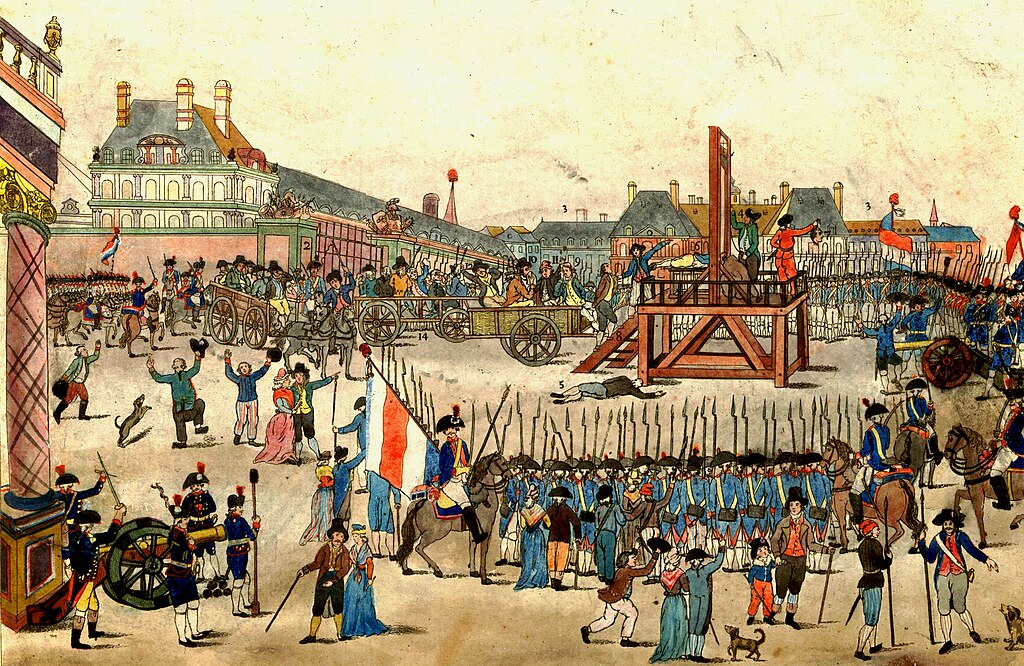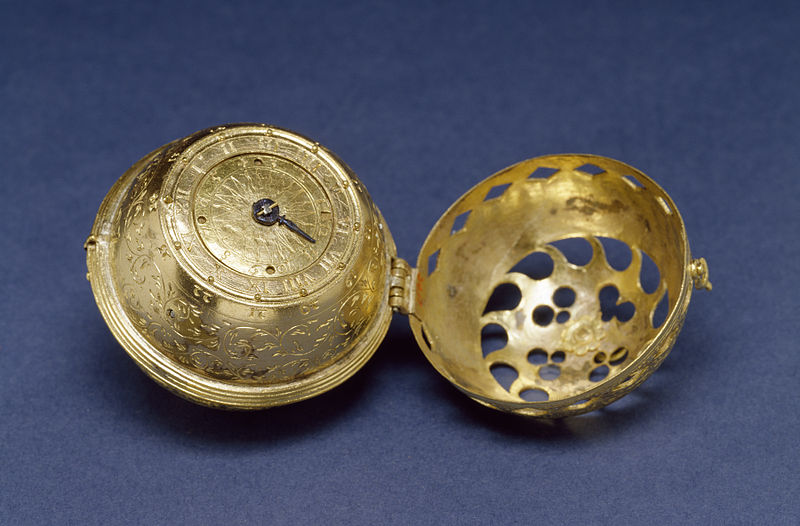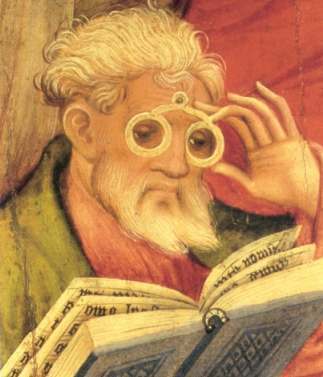In the meantime, as Romanticism raged on, what of
the Enlightenment world view? Inside the realm of Science, the Enlightenment was
solidly in place and, in fact, was getting stronger. The Romantic revolt left
it untouched, even invigorated. Science came to be envisioned, by scientists, as
the best way to fix society’s flaws.
Under the scientific world view, as Newton and
Laplace had said, all events were to be seen as results of previous events that
had been their causes, and every single event and object became, in an
inescapable way, like a link in a chain that went back to the start of the
universe. The giant universal machine was ticking down in a mechanical way,
like a giant clock.
While the Romantic revolt ran its radical course,
governments, industries, businesses, armies, schools, and nearly all of society’s
other institutions were still quietly being organized along the lines suggested
by the Enlightenment world view. The more workable of the Romantic ideals (e.g.,
relief for the poor, protection of children) were absorbed into the
Enlightenment worldview as it kept spreading until it reigned, first in the
West, then gradually in more and more of the world.

Crewe locomotive works, England, c. 1890
(credit: Wikimedia Commons)
At this point, it is important to stress that
whether or not political correctness approves of the conclusion we are heading
toward, it is there to be drawn and therefore should be stated explicitly. The Enlightenment
worldview and the social system that it spawned got results like no other ever
had. It just worked. European societies that operated under it kept increasing
their populations, their economic outputs, and, more tellingly, their control of
the physical resources of the Earth. A steam shovel could outwork a thousand human shovellers.
But, it is also important to stress that
the Westernizing process often was not just. Western domination of this planet
did happen, but in the twenty-first century, in most of the West, we are ready
to admit that while it has had good consequences, it has had some evil ones as well.

Naval gun being installed, New York Navy Yard, 1906 (credit: Wikimedia Commons)
The conclusion to be drawn from all this is that the
Enlightenment worldview, with the moral code that attends it, is no longer an
adequate code for us to live by. It is ready for an update. In the midst of its
successes, it has also produced huge problems such as the oppression of women
and minorities, class inequities, economically-driven wars, colonialism, the
proliferation of nuclear weapons, and pollution levels that will soon destroy
the Earth’s ecosystem if they’re allowed to continue unchecked. Some problems are out of control, and even more frightening, the Enlightenment worldview
appears to have run out of ideas for ways to solve them.
The crucial point of this long discussion of the
rise of the West is that world views give rise to value systems and value
systems give rise to morés. The morés then cluster to form a culture or way of
life that has a survival index in the real world. Furthermore, some morés and
habits of living, when they come to be believed and practiced by the majority
of a society’s citizens, increase that society’s survival odds more than others
do. By our mores, and the patterns of behavior they foster, we interface with
physical reality. Then, if the values are tuned to reality, in a timely way, we
thrive.
But I stress again that the world views, values, morés,
and behavior patterns that we humans live by are not all, as cultural
relativism claims, of equal survival value and are not part of our way of life
because of random events in the world or random impulses in us. The point of my
last two chapters has not been to show that the ways of the West are invariably
the best.
What my last two chapters have shown is that beliefs have
consequences in the physical world for the people who hold those beliefs and
some systems of beliefs get better results than others. We need to understand the
mechanism of human cultural evolution in order to move on with our discussion. We
must show, first, that human history does have a kind of system to it, and second,
that we can intervene in that system and maybe, if we act together with a coherent
vision, we can learn to direct that system toward maximum health and vigor for us
all.
Other civilizations have also had eras during which
they were in ascendancy. In fact, many economic and political signs today indicate
that the dominance of the West may be ending. The new worldview Science is
offering and the values and morés it fosters are so different from the ones out
of which the successes of the West grew that cultures of the West, as they try
to adjust, sometimes seem to be verging on self-destruction. The obsolete parts
of the Western worldview will be replaced, but we must work hard to ensure that
they are not replaced by others that simply lead to new forms of injustice.
With the problems and hazards that we have before us now, there doesn’t seem to
be much hope for our species if we can’t learn to manage us.


















